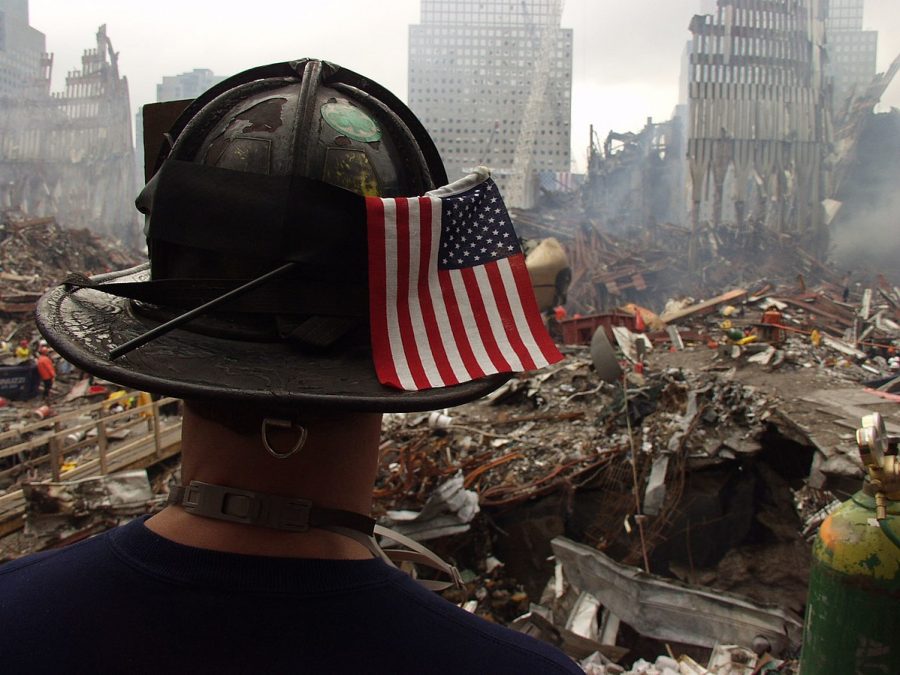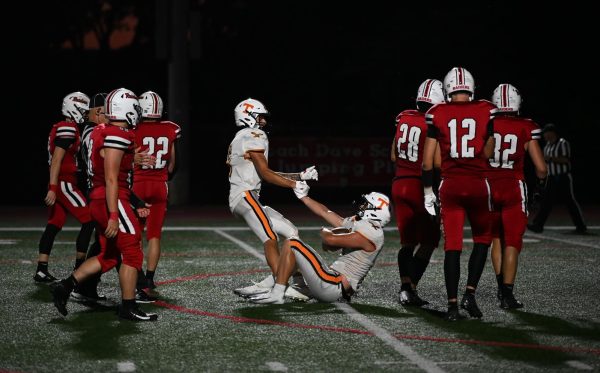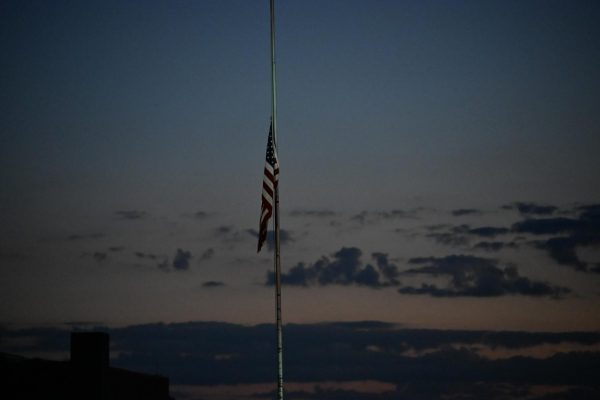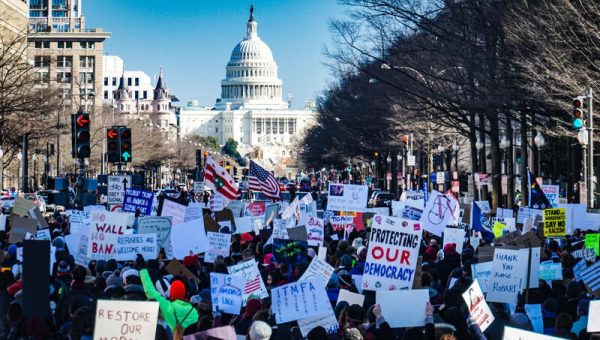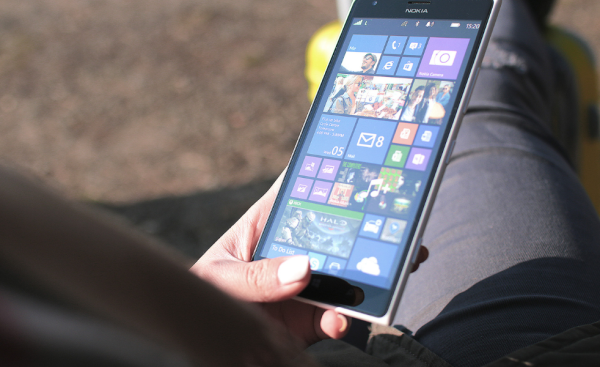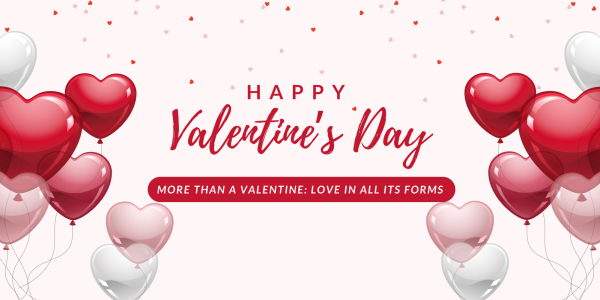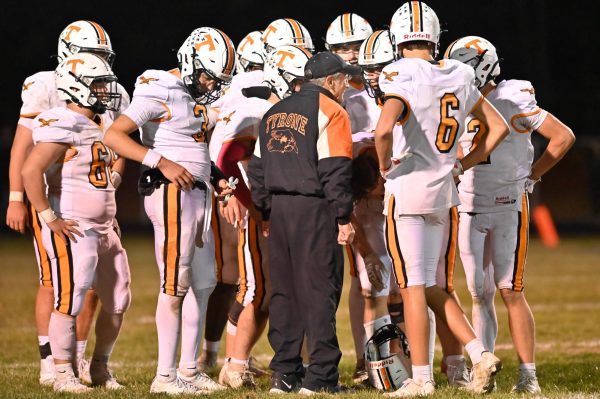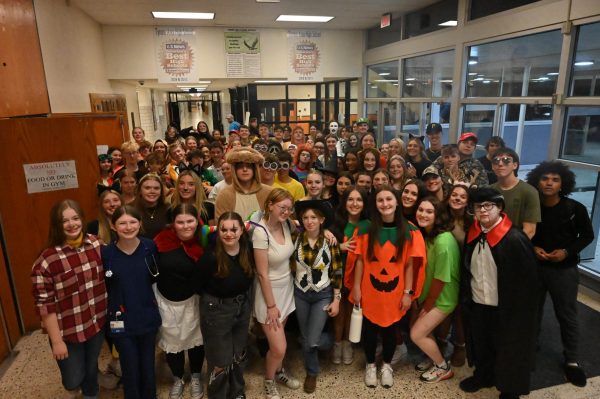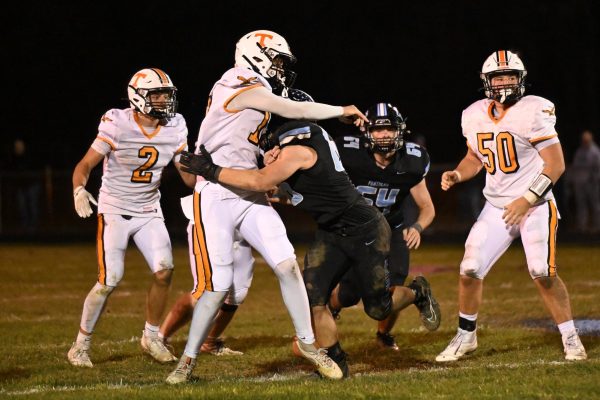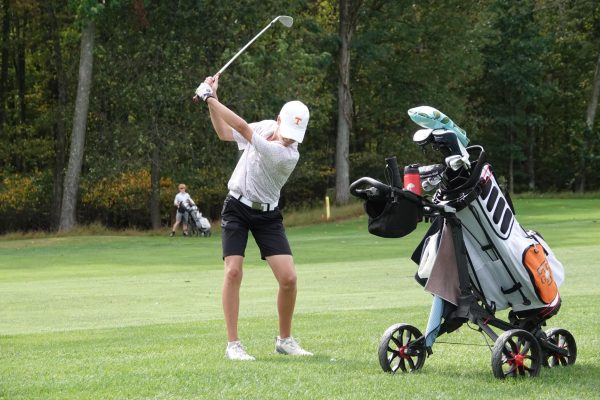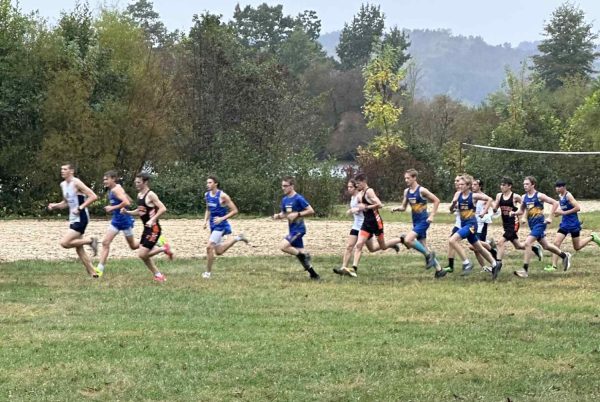How We Respond
Creative Commons image by Michael Rieger from the FEMA Photo Library
New York, NY, September 25, 2001 — A firefighter surveys the remaining shell and tons of debris of the World Trade Center. Clearing the rubble from the collapsed twin towers and other surrounding buildings is a daunting task for the hundreds of workers at the site of the terrorist attack. Photo by Mike Rieger/ FEMA News Photo
Here we are. America has found itself in yet another crisis. The COVID-19 death toll in the United States is just over fifty thousand. Americans are facing the challenge of what to do and how to help others.
This is not America’s first crisis. But our response to it will define us and generations to come. Do Americans know how to respond?
If history is any guide, I think we do.
On the morning of December 7, 1941, Japanese planes bombed and strafed men and ships stationed at the Naval base of Pearl Harbor. As news of the attack flooded into the homes of Americans through radio all over the country, Americans had the realization that they would be dragged into yet another world war.
But when the nation called Americans answered. Recruitment centers across the nation were filled with optimistic, young men. With most of the men away in the European and Pacific theatre and defending the home-front, many women stepped up to fill their place. Women were employed in careers typically seen as a “man’s” job. Even children spent their time digging through junkyards to find scrap metal and rubber. Americans proved themselves brave and proud of their nation. They stepped up in the time of crisis.
On September 11, 2001, the nation was panicked when two planes flew into the World Trade Center towers and the Pentagon. It was a devastating blow for all Americans. An attack on American soil was thought to be impossible in that time.
But still Americans rose to the challenge. While firefighters worked tirelessly day and night breathing in the dust and smoke to find survivors, normal Americans flooded into worship centers. Looking for guidance and wisdom in those troubling times, Americans found themselves tighter and closer. Nice people shined through during the days of mourning that followed. Simple kind actions that let people know everyone was in it together. They all felt the same pain.
Now, Americans face another type of enemy and America has responded the same. In this uncertain and scary time we are banding together. A new type of hero has emerged. Health care workers and other essential workers. These everyday people that go to work to make a living.
But now they are making a difference. Health care workers are being overrun with patients working tiring days and nights. Essential workers put themselves in danger just by going to work everyday. They are the reason we are still able to buy food or buy other necessities. Not to mention normal everyday Americans that wake up early to clap and bang pots and pans in support of our health care workers. Americans must stand together.
So next time you see a healthcare worker or an essential worker just say a simple thank you or the smallest gesture of kindness can do a lot for one person.

Dean Grassi is a hard working guy and fun to be around. He spends his days in Tyrone High by playing Football, Wrestling, and Tennis and is going into...



